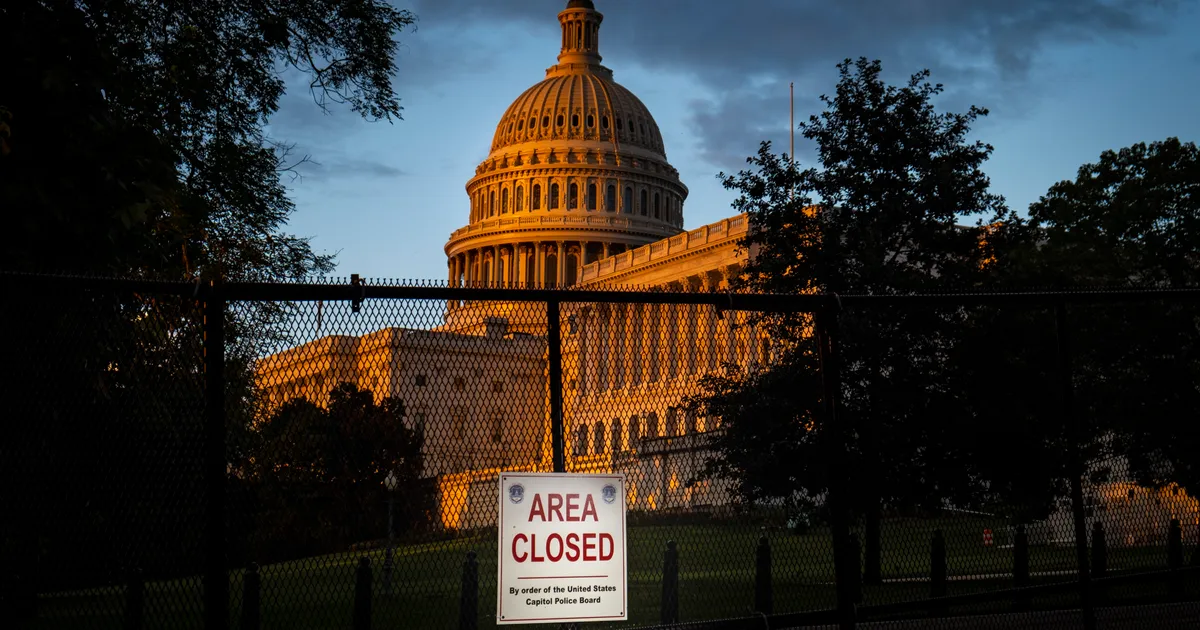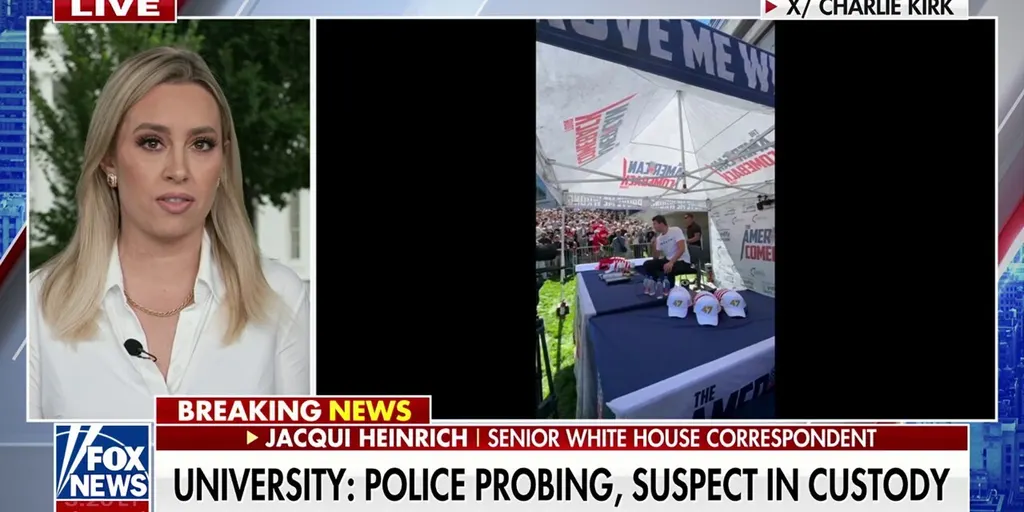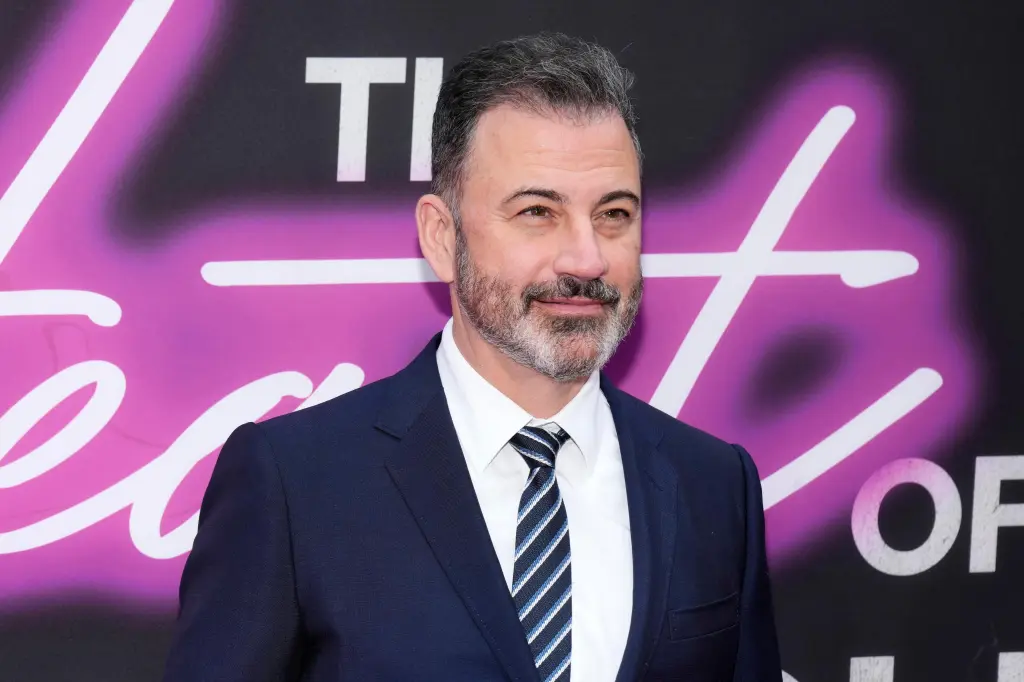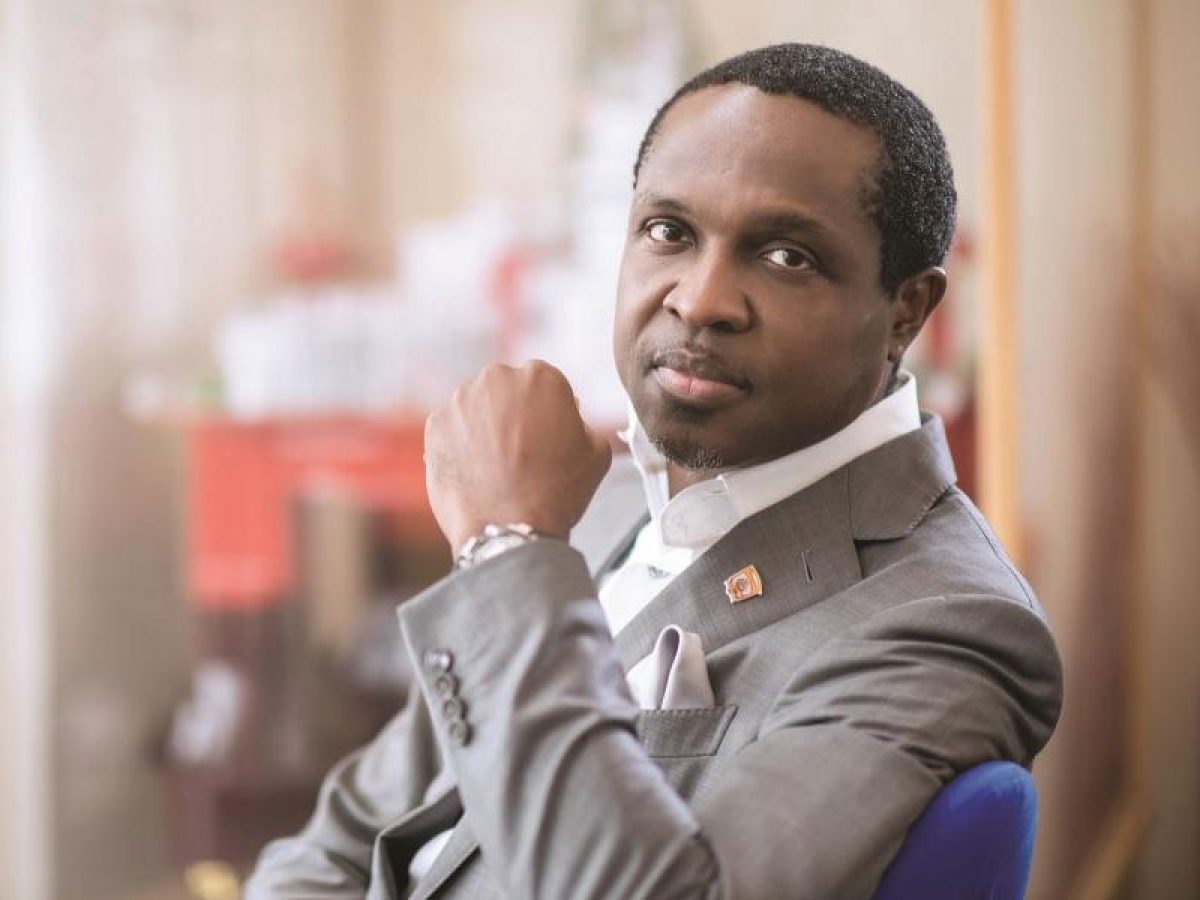
Most Americans learn as schoolchildren that our country is the greatest democracy in the world. Democracy is part of our national myth and, as such, the pretext for many of our most consequential and disastrous national decisions. When we invaded Afghanistan, and later Iraq, Bush officials claimed we could achieve national security only by enforcing human rights and democratic politics abroad. In the 19th century, supporters of Manifest Destiny based their appeals in part on the spread of western civilization and democracy with it. By establishing a democratic government, the United States had discovered enlightenment as well as a certain moral superiority.
How true is that national story? In a famous 1852 speech, Frederick Douglass laid it bare. As long as slavery persisted, the promises put forth in the Declaration of Independence would never be realized. “Go where you may, search where you will, roam through all the monarchies and despotisms of the old world, travel through South America, search out every abuse, and when you have found the last, lay your facts by the side of the everyday practices of this nation, and you will say with me that, for revolting barbarity and shameless hypocrisy, America reigns without a rival,” he said on a pivotal Fourth of July. A government that stripped human beings of the franchise on account of race and sex was not meaningfully democratic. We’ve experienced progress since then — and, lately, a regression.
In The Right of the People: Democracy and the Case for a New American Founding, the writer Osita Nwanevu addresses our mythology head-on and picks apart the political decisions and assumptions that undergird our failing institutions. A contributing editor to The New Republic and the Democratic Institutions fellow at the Roosevelt Institute, Nwanevu argues that democracy is still worth a fight. Indeed, it’s the only solution to the bleak era we now face.
This interview with Nwanevu has been edited for length and clarity.
Why this subject, and why this book, right now?
I’ve been writing about American politics for about nine to 10 years now, and I’ve felt democracy has been at the center of a lot of the stories I cover and analyze. In 2020, I found myself having to say over and over and over again that even if Democrats won the presidency, even if they took control of Congress, it was actually going to be very, very unlikely that they would pass huge portions of their agenda without structural reform.
And I found myself describing that without really explaining it as deeply as I would’ve liked to — whether our system could be considered democratic given that reality. When you’d raise these points, Republicans would often respond, “Well, we’re in a republic, not a democracy.” I wanted the chance to delve into that argument in a deep way and get to the core of what democracy means from first principles and why it’s so important not just to take it for granted. Democracy works and is good and it’s a sensible system. I wanted to reconnect with some of the underlying ideas. That’s what this book tries to do. I hope it does it in a way that’s accessible and interesting to people who have strong feelings about democracy but who are not often encouraged by our political discourse to think deeply about what it fundamentally means.
My view is that when people talk about democracy, it often feels like it’s a sound bite or a slogan and not a robust or fleshed-out idea. One thing I found really valuable about your book is that you really take the time to dive into what democracy means and what it should look like. Could you briefly explain the definition of democracy you’re advancing in the book and why it’s so important?
I think the most succinct definition you could come up with is that democracy is a system in which the governed govern. Those who are themselves subject to government are the ones who are doing the governing in some fashion. Lincoln’s formulation of this was, of course, government of, by, and for the people. That’s the basic idea that governance is not given over to some king, some class of elites, some aristocracy, but to the people themselves, who are subject to government, who have a role and a say and direct the society they live in. As you say, in the first portion of the book I try to get into the nitty-gritty of all this as extensively as I can. I try to work through how you can tell whether a system is democratic, what actually establishes in practical terms the democratic character of a governing arrangement. And I hope I did a reasonable job in working through some of that stuff. I thought it was useful to do. People are not encouraged to think deeply about political theory, and I’m doing what I can to lead people by the hand into those waters.
Democracy has many critics. As you noted, the right wing often speaks of America as a republic, in contrast to a democracy. What’s your perspective on that binary framework?
I tend to think that, to a greater extent than liberals appreciate, conservatives are more right than they are wrong when they say we’re a republic, not a democracy. The standard response to this from liberals is often to say, “Well, a republic is just a form of representative democracy.” Instead of a system like Athens, where you had some very direct participation in the assembly by citizens and governance by law — people participating in the administration of governments having been randomly selected — republican government is a system where you elect people. And I don’t think that’s actually historically accurate.
Most of the republics that existed prior to ours had not been meaningfully democratic in any familiar sense. The Roman Republic had some democratic features to it but was not a simple representative democracy. The Italian maritime republics of the Middle Ages and Renaissance were states where the people in power to make political decisions were functionally merchant elites. These were not representative democracies either. Republicanism captures something else, and something gets a little more complicated. It is always a system of distributed power in some sense. You have maybe a written constitution or at least a stable set of government arrangements; you have the rule of law, you have procedures to determine how power is structured and how the different branches and parts of government intersect. But none of this is intrinsically democratic.
You can have a democratic republic, and that’s what I’m marketing for in this book. But I think the Founders had a very, very different idea and a different set of concerns. They thought you had to create a government that would counterbalance, strongly, the power of ordinary people to make policy in their own interests. They thought this would be a risk for one minority they really cared about protecting: wealthy elites like themselves. And we created a constitutional order to that end. But that’s not to say there are not, again, forms of republican government we would actually benefit from. What I’m advocating for is a system with checks and balances, with different intersecting social components, but that at the end of the day grants people, ordinary people, real democratic agency to an extent they don’t have now.
As I read your book, I developed an image of the American government as this shoddy house poised to fall apart at the slightest pressure. Is the institution as fragile as it seems?
I think there are structural reforms that would make Washington work better. To the extent that we see gridlock and dysfunction in Congress, there are ways we can reform our legislature to make it easy to pass some of the policies we should have passed a long time ago. Especially when it comes to things like gun control, for instance — there are structural hurdles there, inequities that have made it very, very difficult for us to do things that even broad majorities of the American people seem to agree with. Part of this is a structural problem, and that’s one reason I spend so much time talking about structural political reforms in the book.
But I also think that, spiritually and as a matter of political culture, we need to be better at absorbing the reality of political conflict. Even beyond the structures of our government, we tend to assume democracy is working well when we’re all converging upon some grand consensus. This idea that if we just talk out our problems and have reason to debate, we naturally realize that we actually have more in common than what sets us apart, that we all actually agree on some certain fundamental principles. Look, debate and dialogue and free speech and all these things are important, but I don’t think we can take for granted that the divisions we have in society today are ephemeral and illusory in some way, that people are bamboozling us into feeling strongly about the issues in ways that make it difficult for us to reach agreement. People disagree for often very legitimate and good and solid reasons. And we need to have a model of democracy that acknowledges that.
In a country this large and diverse, we’re always going to have a lot of division. And the task is to manage that division in such a way that it doesn’t spill over into political violence and discord. But that’s the reality of politics in a country like the United States. Many of the people who are at the top of our political institutions, many people who run the media, came up in this post–World War II environment where it was possible to believe that the normal course of American politics is a kind of grand consensus, that naturally there is a center everybody converges upon. That’s not what most of our histories look like. American history is quite fractious, quite violent, quite chaotic.
As I understand your argument, the United States does not have a fully realized democracy at the moment. But it could have one, as long as we take certain steps. What obstacles are in the path of that effort?
Well, to answer that question, you have to think about the components of any functional democratic system. I identify three at the beginning of the book. The first is equality in democracies: People come to their collective choices in equal standing; people don’t have more rights or more of a say on the basis of arbitrary characteristics. Second is responsiveness: When people come together democratically, things happen as a consequence of their actions. And the third is majority rule. Of all the ways we might make a collective choice together from some form of unanimity all the way down through some form of minority rule, majority rule is the one that respects the principle of equality. If two people want one thing and three people want some other thing, it’s very hard for the two to get their way over the three unless there’s some kind of fundamental inequity involved. Those three commonsensical components of a democratic system may seem intuitive to us when you think about them in the abstract, but we run into issues very quickly when we try to apply them to our understanding of our current political system.
I’ve done a few talks now about this book in Washington, D.C., an occupied city of about 700,000 people who do not have a full and equal say in the federal government that governs them. That’s not equality. There are actually 4 million Americans for whom this is true, most of whom live in Puerto Rico. There’s no definition of democracy I can think of, even if you don’t accept mine, in which those people are living in the democratic system today. But even beyond that, even for those of us who do have full political rights, the value of our voices works out in very, very inequitable ways.
California is home to about 40 million people. If it were its own country, it’d be one of the 40 largest in the world. It has as many senators as Wyoming, which has fewer than 600,000 people — fewer than Washington, D.C. Functionally, this means people in Wyoming have about 67 times the say in the United States Senate than people in California do. That’s not tenable. You should not have a vastly different amount of voice in government purely on the basis of some accident of geography. We’re all Americans living under what we hope is a democratic system. That’s not acceptable, and it leads to distortions and policy outcomes.
We’re told in civics class that this is all balanced out by the House of Representatives, the more proportional house. The House has its own problems, but even if you take the idea seriously, that excuse doesn’t wash. The Senate alone shapes the executive branch, so the inequities in the Senate actually reverberate through and across the other branches. And of course you need both chambers to pass ordinary legislation.
I think the crux, or one of the major focal points, for any kind of evaluation of our democratic system has to be the structure of our legislature, the Senate in particular. I run through all kinds of things in the book, but if there’s nothing else people take away from it, I really do hope they come away with a sense of moral outrage and real concern about the way we’ve come to accept the status quo with the Senate and accept that as a sensible future of our system. It’s not.
I’d like to talk about political economy for a minute. As we’re thinking about various obstacles in the path to a true democracy, our economic structure seems relevant. How should we think of economics as we move toward a meaningfully democratic government?
I don’t think I could have constructed a caricature or cartoon to explain why the economy matters for politics and why inequality matters to politics more apt than the spectacle of watching the wealthiest human being on the planet, because he donated about $260 million to Donald Trump’s campaign last year, get awarded with a position in the executive branch where he got to rework it to his liking. That in and of itself should demonstrate to people that there is some fundamental connection here between the way the economy is structured, who ends up having power in the economy, and the way our politics work.
People knew this intuitively, of course. People are already angry about lobbying in Washington and campaign finance and Citizens United and all these things. But one of the projects of the book is to get people to think beyond and above that, about the risks that having an undemocratic economy, an economy that is not subject to democratic control, poses to any hope with democratic politics. I think there are democratic entitlements we have at work.
Something should trouble us about the fact that people who work for Amazon have every right to make their voice heard on the question of what foreign policy should be with respect to Iran, but they have no place in their lives where they can say, “This is how I think Amazon should be run.” That’s democratically strange. We spend about a third of our lives at work, yet we tell ourselves we’re not really entitled to any kind of democratic agency there. What that does is it feeds inequality with workers who are subordinated in this way.
All the money and all the power flow to a concentrated set of executives and investors who then use their influence and resources to shape elections and shape the policymaking process in addition to the functionally authoritarian control they have over us at work. These things are interconnected in ways I think we’ve lost sight of. Back at the turn of the 20th century, you would have all kinds of thinkers and political leaders invoke the concept of economic democracy, the need for ordinary people to have a real, direct say in how the economy should function. Theodore Roosevelt said in 1909 that having the means of production in the hands of a small concentrated elite was a threat to what he called “industrial liberty.” This is not a leftist thing. It’s somebody who understood something that should be commonsensical to us, which is that concentrations of power in the economy have broad impacts across politics and within our economic lives.
Political violence is obviously not a new feature of American public life. But considering the recent murder of Charlie Kirk, I’m interested in thinking about what political violence means for the pursuit of democracy in the United States. What’s your take?
The very first and most basic thing we can do to reduce political violence is to enact policies that make it difficult for people to perpetuate violence. If it were harder to access guns in this country, we’d see fewer people die as a result of our political divisions. I think we haven’t been able to do that mainly because our legislature isn’t structured in a democratic way. That’s the first thing. If anybody’s not talking about that now, today, as the first step toward reducing political violence, I don’t think they’re fundamentally serious.
But also, as I was saying before, we need to have a vision of politics that is contestatory, that is about competition and debate and argument, while retaining a sense that our political opponents ideally shouldn’t be our mortal enemies. And unfortunately, I think you have, frankly, predominantly on the right, a political culture that is about vanquishing parts of American society and people within American society who they think are evil and demonic and fundamentally at odds with the character of this country.
One of the other things I would say is to the extent that you see this extreme is on the right, part of the reason is the right has very few incentives within our political system to moderate. I don’t think the Republican Party has represented a majority of the American public in the Senate since 1996, though they’ve controlled the Senate for a decade or more in that time. Obviously, it has been possible for them to win the presidency without winning the popular vote.
But for a while now, it’s been the case that most Republican politicians are not beholden to the general American public or a broad cross-section but are accountable mostly to Republican primary voters who are receiving their political information from Fox News and conservative media. Those are the actual voters who matter to you, and you don’t face much competition outside of that. Of course, you are going to be dragged deeper and deeper into a politics of resentment and division. Before that, the Republican Party depended for its power upon winning more voters in places like New York City or Baltimore, where I live, or Los Angeles.
I think you’d see a different politics just out of the desire for Republican politicians to, out of their own self-interest, appeal to the people they need to win elections. But we don’t have that. And I think that matters and that it shapes the character of our politics. Beyond this hope that we are all nicer to one another, which I don’t think is especially practical to put out there as a solution, that there are concrete things we can do within our political institutions to take down the temperature by forcing politicians to acknowledge that they have obligations to people who are not just their primary voters; they have obligations to all Americans. If it were the case electorally, I think you’d see a different right and a different Republican Party. That’s what I hope, at least.
What’s the outlook for American democracy in the immediate term?
I go into a lot of practical reasons why I think democracy is superior to systems of rule by the few. The background idea is that there’s something important about human life as a matter of principle. That it is wrong for us to spend our limited time in the world under the thumb of people who just happen to be more powerful or more wealthy than us, that we have the right or should have the right to construct the lives we’d like. And that’s a humanist understanding of what underlies democracy.
I’ve been thinking a lot about the extent to which we’re seeing the emergence of a kind of politics in America today that is fundamentally anti-human. We have tech billionaires scratching their chins about whether it makes sense to perpetuate human life at all.
It is connected to democracy because there is that basic intuition about what human life ought to be structured like. But this is a realm of concern that involves more than just the political reforms I’m talking about. Culturally and spiritually, we’re in real trouble in this country in ways the left in particular has a responsibility to speak to. The left has this opportunity now to be in the position of defending the human being as such. The right obviously squares off entire swaths of humanity; people and cultures they don’t approve of are on lesser standing. The center seems willing to sell out humanity to billionaires in the tech world. Who’s going to stand up for people as people? To say there’s something important about human life, that we ought to not only perpetuate but that there’s a future for us as human beings. There’s a horizon we should reach for, and we’re not done, and we haven’t done all we can do. Democracy and defending democracy as a system are part of that message and part of that project.



